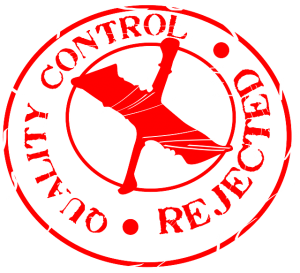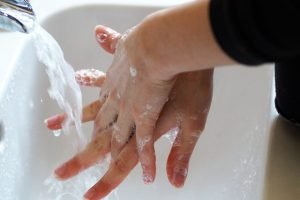 What is Governance?
What is Governance?
Governance is a term used regularly in the echelons of high-ranking businesses. The business has largely grasped the concept of Governance to improve outcomes for all stakeholders. However, the same cannot be said for Aged Care.
Governance and Clinical Care. Are they related? I just had somebody come to tell me that Governance is totally separate from care, and that management of an aged care home is not involved in care governance. I did not wish to argue but felt the need to point out that Governance is All About Care.
The new Aged Care Standards (2019 – introduced 3 years ago now) are focused on Governance. Governance is oversight of the resources required to provide appropriate care. Resources incorporate all the standard things like staffing, equipment, cleanliness, clinical stores, and so on. However, with an increased focus on consumer rights, and safety, there is a requirement for increased clinical assessment. Assessment when communicated clearly and documented well on the care plan meets the care and governance standards. When this is done poorly both areas are similarly affected.
Registered Nurses
Are Registered nurses essential for good care? The answer is simple, yet complex. If you see a medical specialist and are booked in for surgery, you expect the people preparing you and operating on you to have the knowledge and skills to perform safely and effectively. It is exactly the same in aged care.
When someone enters an aged care home, they do not automatically give up their right to good care. Does a registered nurse have the appropriate knowledge and skills to undertake comprehensive clinical assessments and to document these? The answer is Yes! If you answered no, it could be best to review the skill levels of your staff. We talked about just this matter, in our previous post (https://clinical-governance.com.au/upskilling-staff-savvier-than-enlisting-new/) – the dilemma of finding or training to ensure you have competent staff.
So what!
So where is the connection between a bowel management chart and Governance, you ask! Allow me to explain. If a consumer suffers with constipation, and this goes on for many days unnoticed, with no records documented, the consumer is at risk of bowel obstruction. When admitted to hospital for surgical management of said bowel obstruction, and simultaneously become sick with septicaemia; the Governance rises to the fore. Governance is about the systems of documentation to ensure everyone has such details recorded accurately. Governance is about having appropriately skilled staff, through education, competency or a combination of both, to ensure the staff managing care have the relevant skills. Governance links directly to consumer safety and choice. All consumers wish to remain safe, and none would make a choice to have surgery unless necessary. The very nature of this small issue, as it started has turned into one affecting care and governance standards.
Good care is good governance. Good governance results in good care. The two are permanently interlinked; they are not separate.
 Upskilling staff is definitively smarter than enlisting new ones.
Upskilling staff is definitively smarter than enlisting new ones.

 How to go further with my Nursing Career
How to go further with my Nursing Career



 NSQHS Standards
NSQHS Standards
 HISTORY
HISTORY